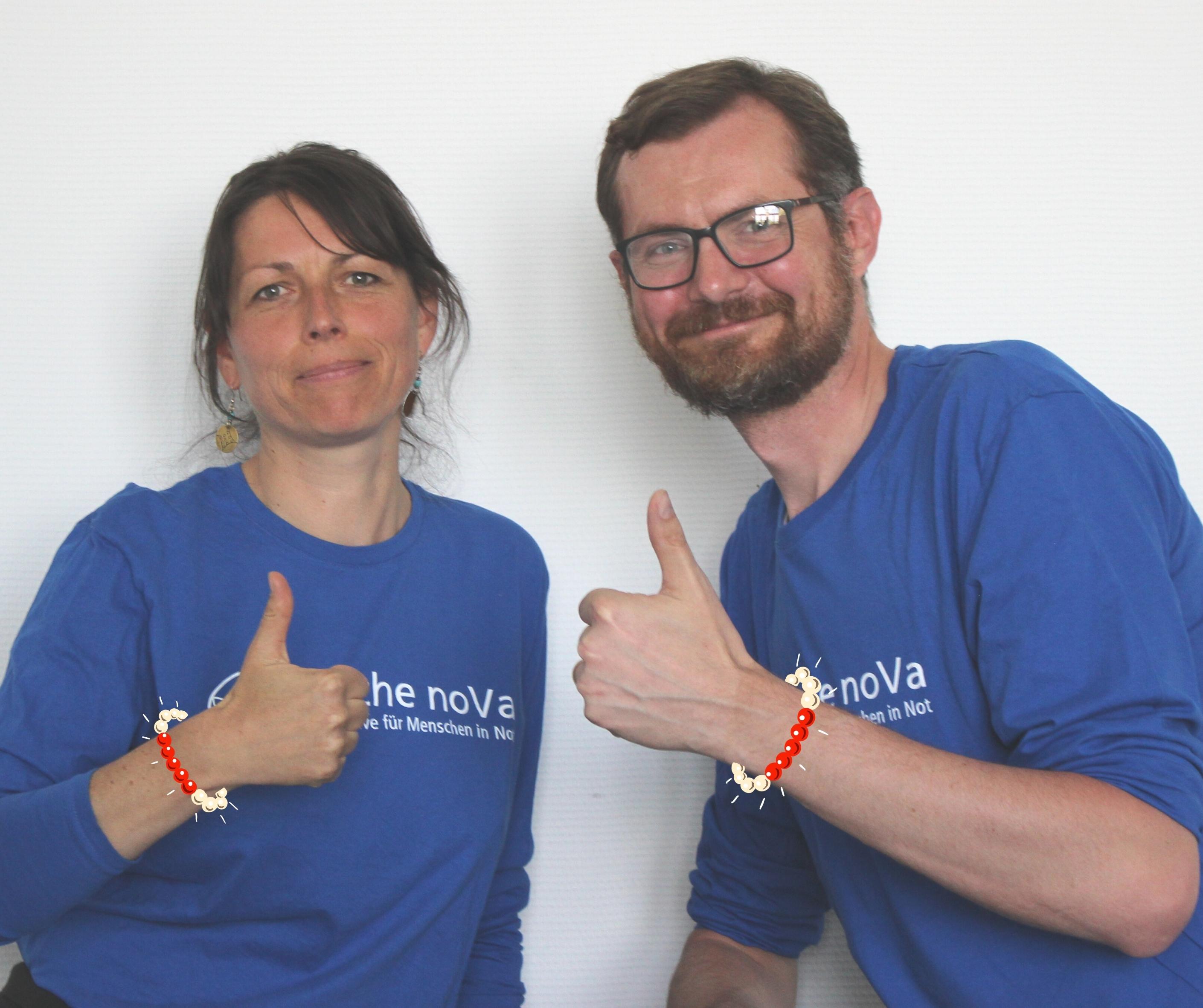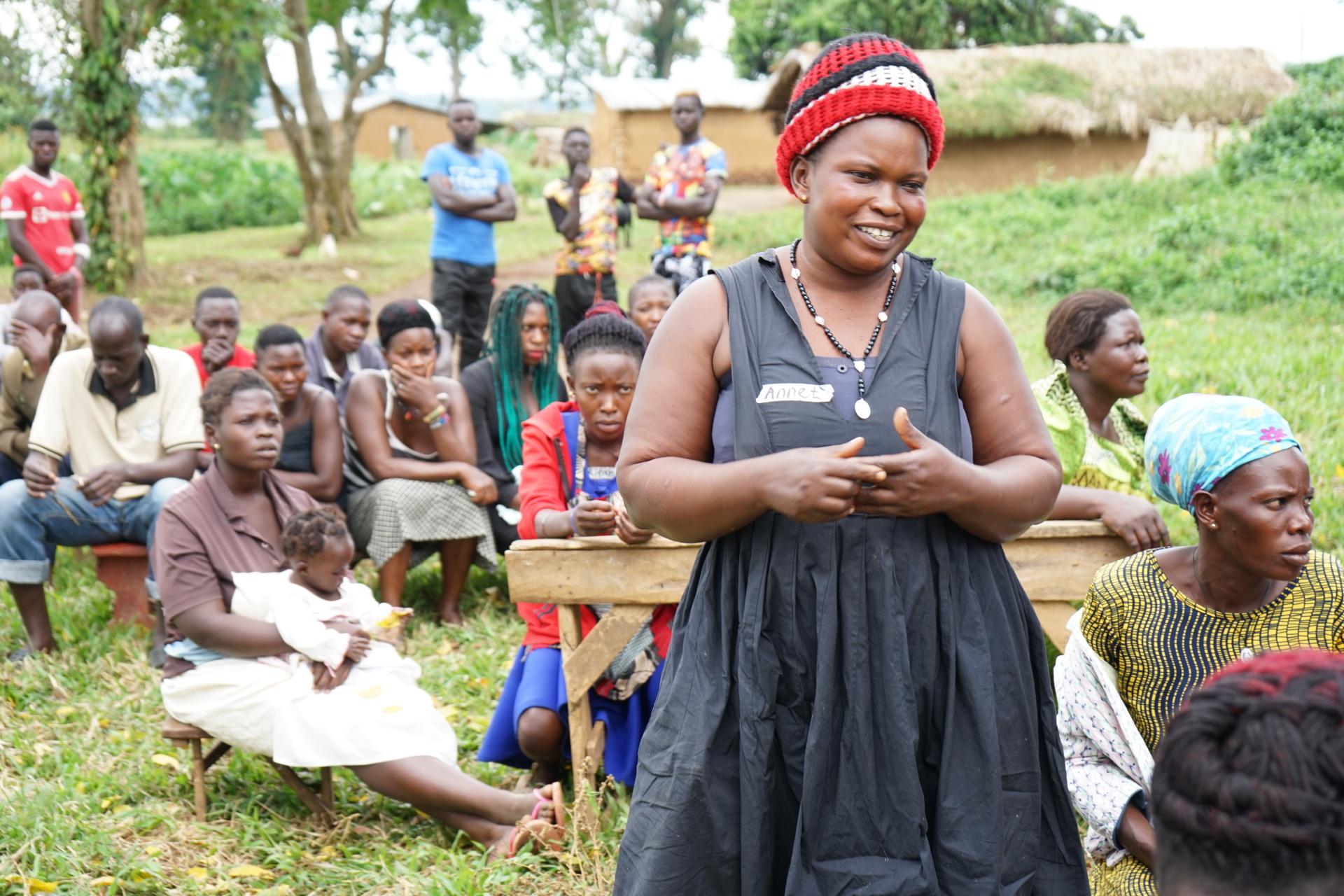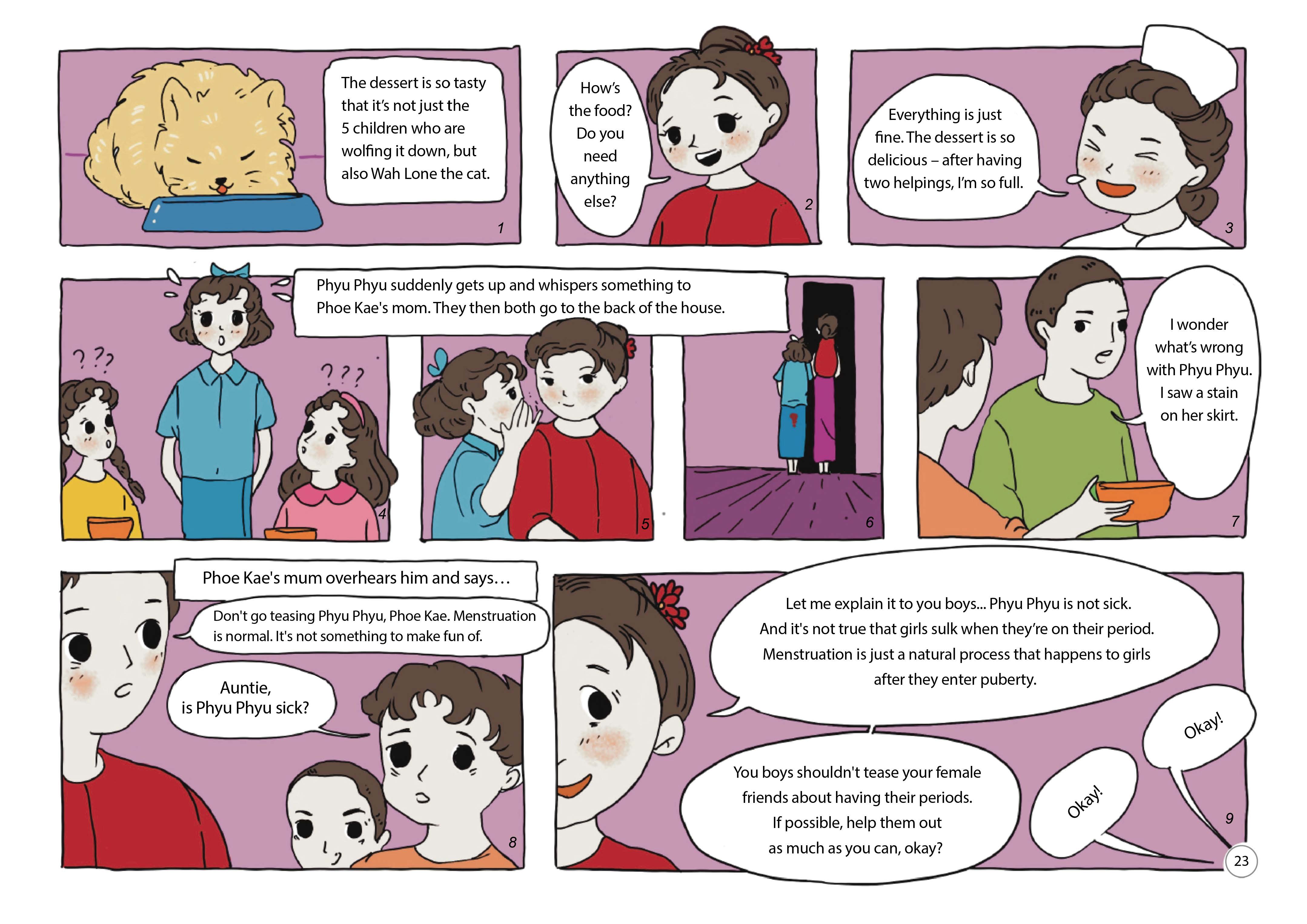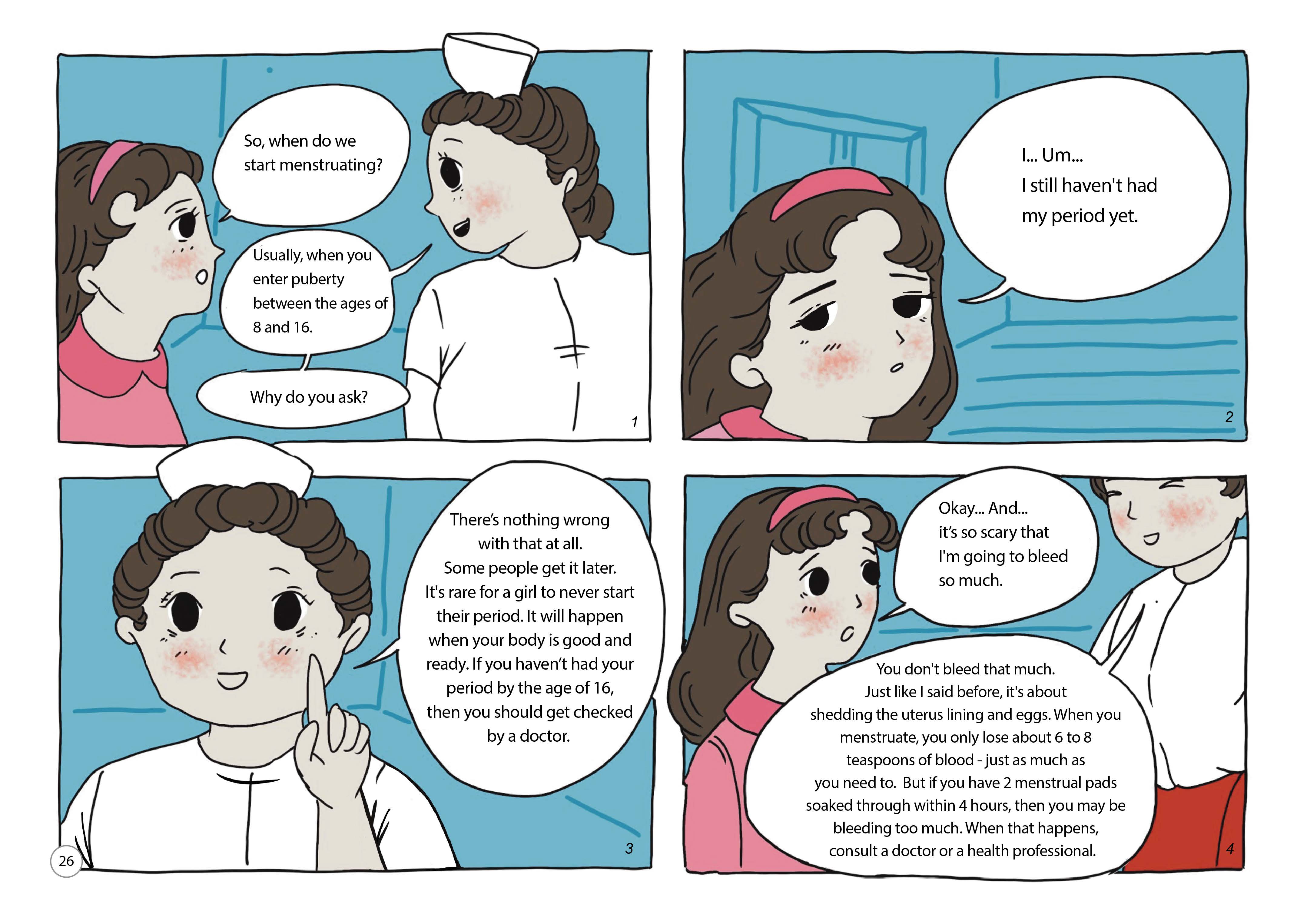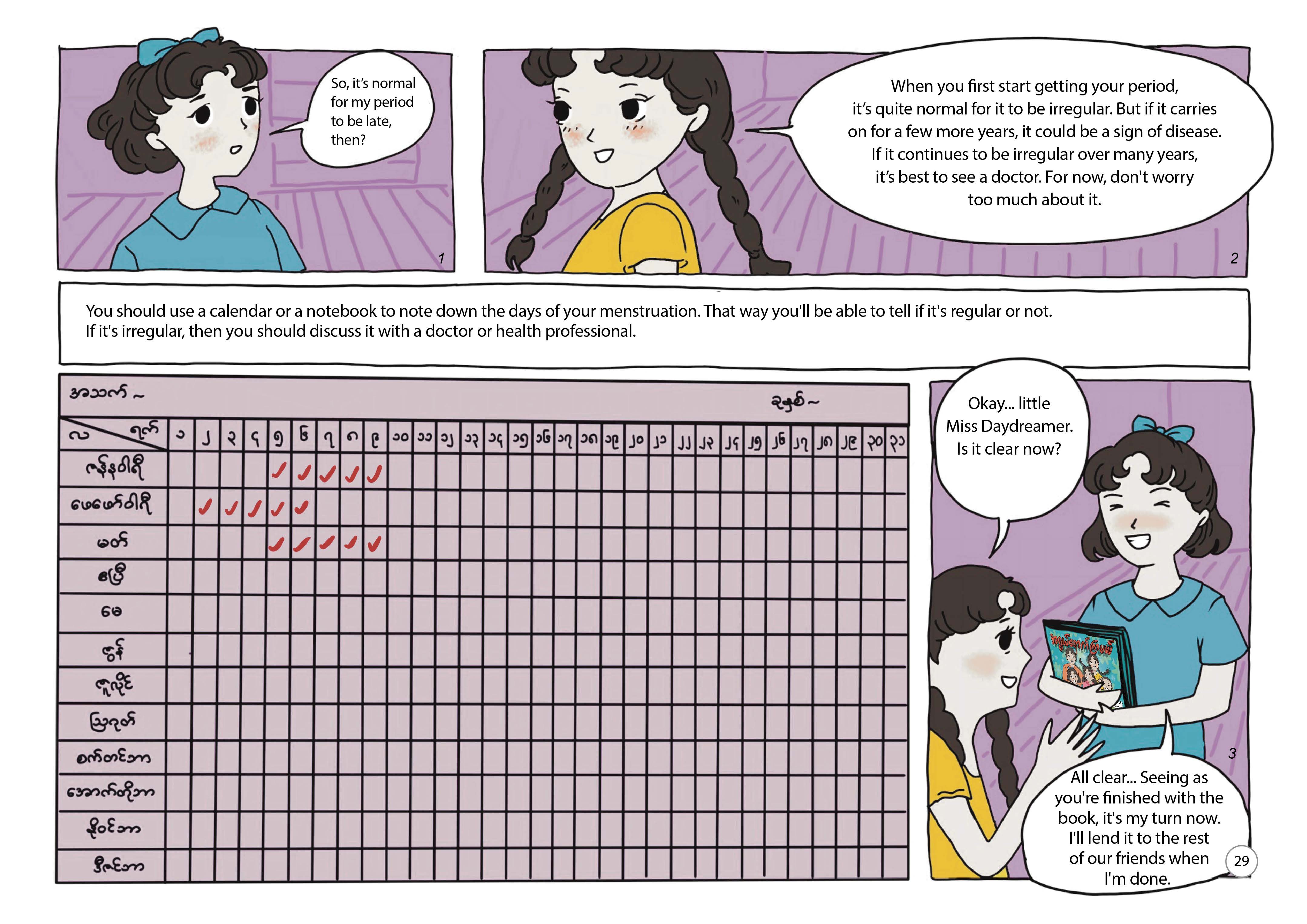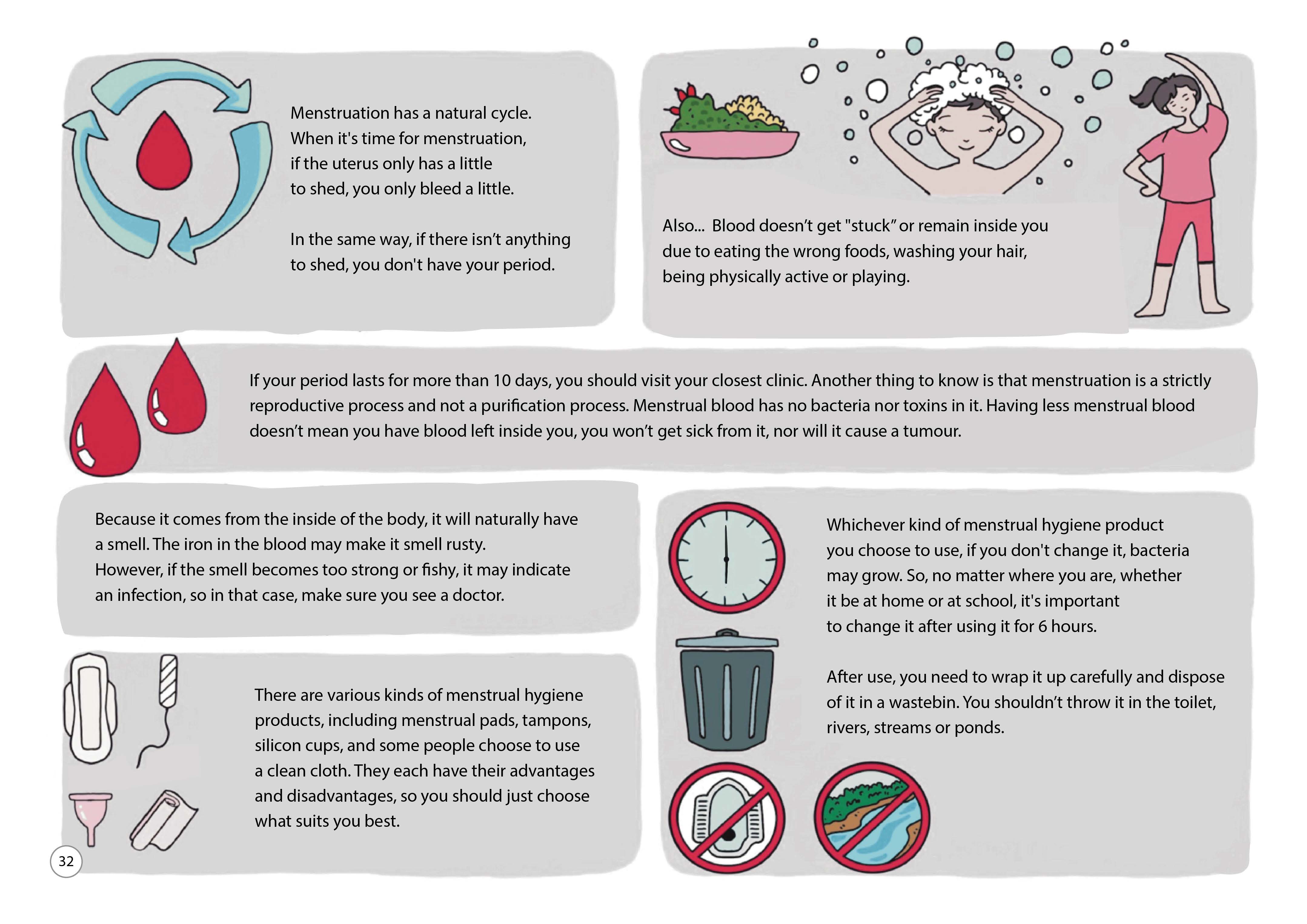28 May is Menstrual Hygiene Day. The day of action draws attention worldwide to the importance of menstrual hygiene - and to the abuses that still affect millions of girls and women.
No equality without good menstrual hygiene
"The biggest problem is the widespread taboo surrounding the topic, which very often nips a debate about women's needs in the bud," says Yvonne Stephan, our country officer for East Africa. A debate on menstrual hygiene is particularly important in many countries of the Global South, as access to hygiene products is often lacking or there are no gender-separated toilets with adequate hygiene standards available.
As a result, women are excluded from social participation in many places. For many girls, the onset of their period also means that they miss out on important schooling - which significantly reduces their chances of leading a self-determined life and earning a good income.
Menstrual hygiene is an important basic requirement for equality. It is up to all of us to break the taboo. We must ensure that menstruation is a natural part of life and that women worldwide have better access to safe hygiene products and toilets.
Positive change with education and empowerment
For 30 years, arche noVa has been working worldwide for better water, sanitation and hygiene education (WASH). "Menstrual hygiene occupies a central place in our projects," says Yvonne Stephan. "Because only when all girls go to school and all women can participate in social life is a sustainable, positive development of societies possible."
One example is the promotion of women's self-help groups in Uganda. With the support of arche noVa, the local partner organisation Katosi Women Development Trust (KWDT) carries out educational work in villages at Lake Victoria. Men are explicitly involved in this work. This is the only way to break the taboo. In addition, women in the project are given access to reusable, safe hygiene products and communal toilets are built that are adapted to the needs of women. The example shows that when women are able to communicate their needs through better participation, menstrual hygiene also improves - and thus social participation.
Reaching young people with creativity: The Pan Ka Lay comic book
Also in other project regions, arche noVa campaigns for better menstrual hygiene. For example in Myanmar: Together with two local partner organisations, arche noVa improves the WASH infrastructure at schools, which is explicitly adapted to the hygiene needs of girls. In addition, the project introduces young people to the topics of puberty and menstrual hygiene. A specially developed comic book is used for this purpose.
With wit, empathy and a contemporary design, the educational book explains the changes in the human body during puberty - and sensitises young people to the topic of menstruation. "The comic book has met with great interest among the young people," says Ralf Symann, Country Officer for Myanmar.
Further efforts needed despite successes
Even though the efforts made so far have already shown success, there is still a lot to do. Beyond its own project work, arche noVa is therefore also involved in international networks. As a member of WASH United, arche noVa supports the efforts to bring more political attention to the issue of menstrual hygiene. Within the framework of this campaign work, arche noVa, together with other non-governmental organisations, demands better access to affordable menstrual products, the destigmatisation of the period through better education and improved access to menstruation-friendly water, sanitation and hygiene facilities.
Read more about our focus on water, sanitation and hygiene here.

